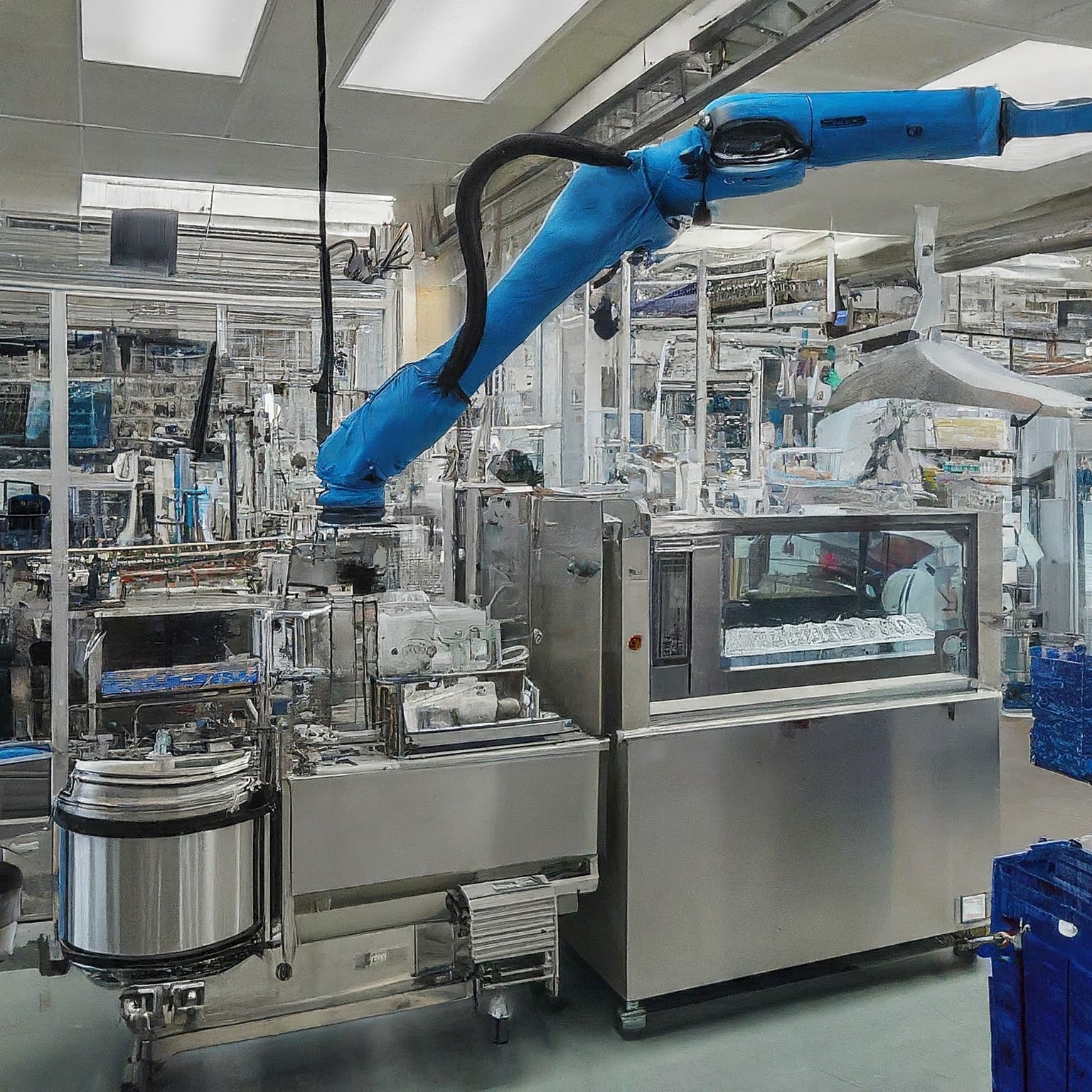The Rise of Biotech How Gene Editing and Synthetic Biology Are Revolutionizing Medicine
Gene editing and synthetic biology are not just buzzwords anymore; they’re reshaping the very fabric of medicine. Let’s dive into how these groundbreaking fields are revolutionizing healthcare and giving us a glimpse into a future where the impossible becomes possible.
The Dawn of Gene Editing
Imagine a world where genetic diseases could be erased before they’re even expressed. That’s the promise of gene editing, and it’s not science fiction—it’s happening now. With tools like CRISPR-Cas9, scientists can make precise changes to the DNA of living organisms, correcting mutations that cause diseases. This technology has the potential to cure genetic disorders like cystic fibrosis, sickle cell anemia, and even certain forms of cancer.
But it doesn’t stop there. Gene editing also holds promise for enhancing human capabilities. While the ethical implications are a topic of ongoing debate, the potential to eliminate hereditary diseases and improve human health is undeniable.
Synthetic Biology: Building Life from Scratch
Synthetic biology takes things a step further. Rather than just editing existing genes, scientists are now designing and constructing new biological parts, devices, and systems. It’s like building with LEGO, but on a molecular level. This field combines biology and engineering to create organisms with novel functionalities.
One of the most exciting applications of synthetic biology is in the development of new treatments and vaccines. For instance, synthetic biology was instrumental in the rapid development of COVID-19 vaccines, allowing scientists to create and test vaccine candidates at unprecedented speeds. Beyond vaccines, synthetic biology is paving the way for innovative therapies for a range of diseases, from cancer to infectious diseases.
Personalized Medicine: Tailoring Treatment to the Individual
The combination of gene editing and synthetic biology is leading us towards an era of personalized medicine. Traditional treatments often take a one-size-fits-all approach, but with advancements in biotech, we can now tailor treatments to an individual’s genetic makeup. This means more effective treatments with fewer side effects.
For example, CAR-T cell therapy, a type of gene therapy, involves modifying a patient’s own immune cells to target and kill cancer cells. This personalized approach has shown remarkable success in treating certain types of cancer, offering hope to patients who had exhausted other options.
Tackling Antibiotic Resistance
Antibiotic resistance is one of the biggest challenges in modern medicine. However, biotech is providing new weapons in this fight. Synthetic biology is being used to develop novel antibiotics and alternative treatments that bacteria have not yet adapted to. Additionally, gene editing techniques are being explored to directly target and disable antibiotic-resistant genes in harmful bacteria.
Ethical and Regulatory Considerations
With great power comes great responsibility. The rapid advancements in gene editing and synthetic biology bring up important ethical and regulatory questions. How do we ensure these technologies are used responsibly? What are the long-term impacts of altering the human genome? These are questions that scientists, ethicists, and policymakers are grappling with as we move forward.
The Future of Medicine
The rise of biotech is not just transforming medicine; it’s redefining what we thought was possible. From curing genetic diseases to creating personalized treatments and tackling antibiotic resistance, the potential is vast and exciting. While challenges and ethical considerations remain, the promise of a healthier future is within reach.














Post Comment